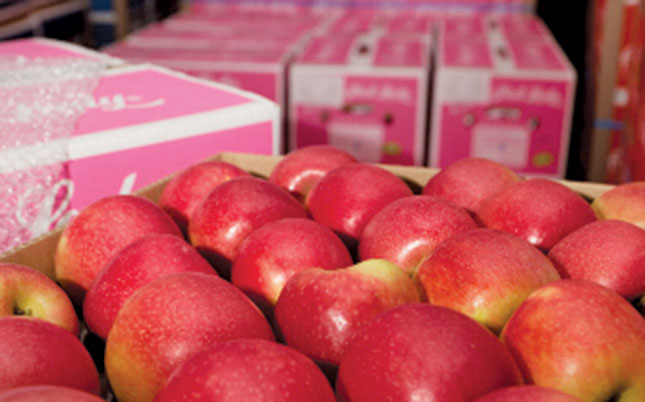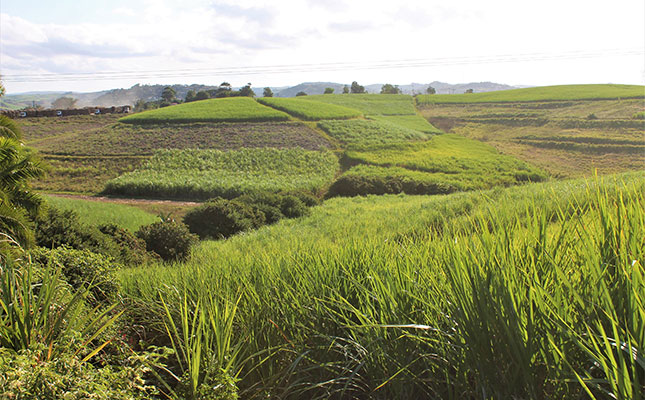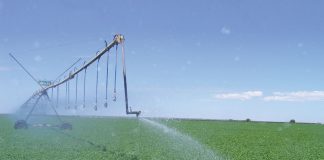
This was according to Dr Valeska Cloete, group head of innovation, research and development at Mpact.
“The entire world is changing from its linear ‘take, make and expel’ approach to packaging towards a circular economy where the focus is on ‘take, make, recycle and use again’,” she said.
Cloete was speaking during the International Fresh Produce Association’s (IFPA) 2022 Fresh Solutions event in Johannesburg.
The EU’s adoption of a corporate sustainability reporting directive earlier this year now forced 50 000 companies in the region to publish not only their financial results annually, but also their environmental, social and corporate governance (ESG) status, she said.
“This is important for South African producers, because European companies will need to report on the ESG of their suppliers,” she added.
Cloete advised IFPA members to ensure that the packaging used for their produce would be recyclable in a particular country.
“Last year, South Africa’s [agricultural sector] exported [a large volume of] corrugated packaging, and producers must ensure that [this material] can be recycled in the [destination] market.”
Lauren Scott, chief strategy officer at the IFPA in the US, said it was really important to “get the packaging of fresh produce right”, as there was a very large untapped market for fresh, sustainable fruit and vegetables.
“According to the World Health Organization, adults should consume a minimum of 400g of [non-starchy] fruit and vegetables [each] per day. This comes down to five portions of vegetables and/or fruit per day,” Scott said. However, the IFPA’s international research indicated that altough most consumers in the US (83%), UK (77%), Germany (77%), Brazil (94%) and China (93%) said they knew fruit and vegetables were an important part of a healthy diet, they believed that a person only needed to consume three or four portions per day.
“When we asked people if they were confident that they ate enough fruit, 29% of adults in the US, 25% in the UK, 29% in Germany, 76% in China and 45% Brazil [said they] were confident that they were eating enough [despite consuming less fruit and vegetables than recommended by the WHO],” she said.
“If the fresh produce industry is able to bridge this gap, we could increase our market share substantially.”
Scott stressed, however, that this was not only a market opportunity, but an obligation if one considered the UN’s development goals. She said strategic education and marketing could directly impact five of the 17 development goals. These were Goal 2 (zero hunger), Goal 3 (good health and well-being), Goal 12 (responsible consumption and production), Goal 13 (climate action), and Goal 17 (partnerships to achieve the goals).












